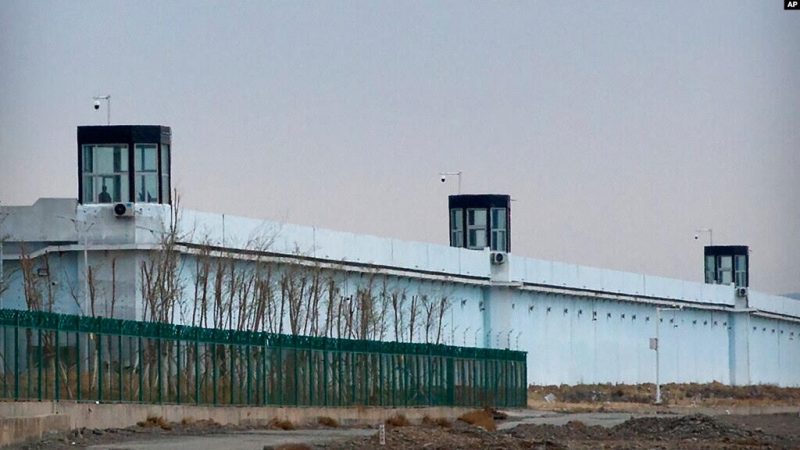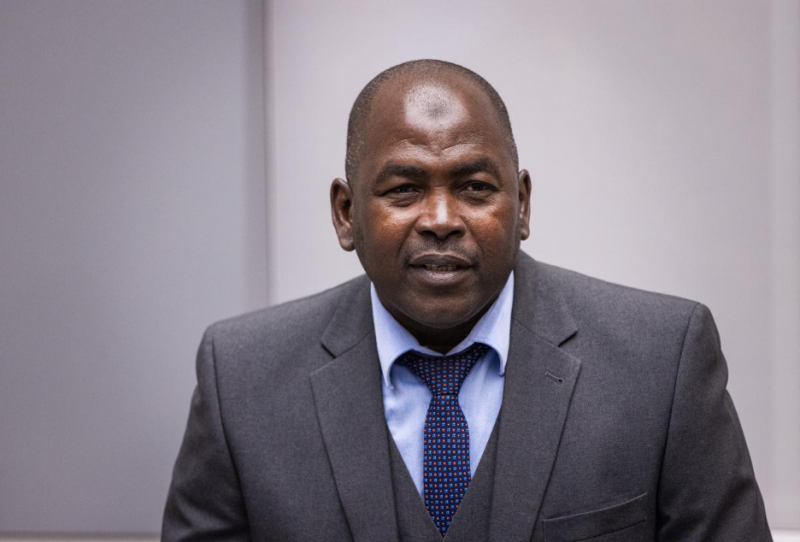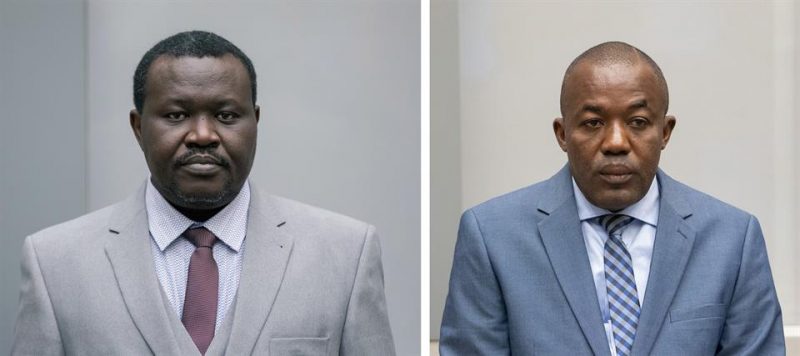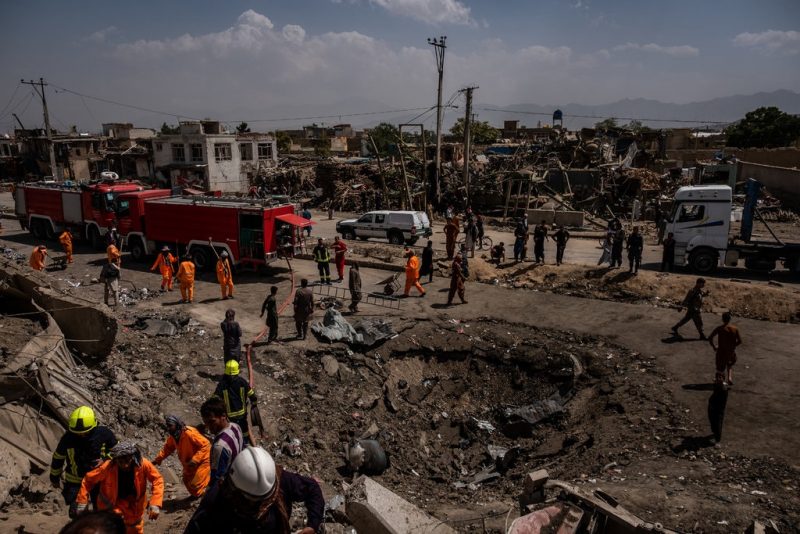By: Matthew Flug
Impunity Watch News Staff Writer
WASHINGTON, DC, USA – Nearly ten months after the Uyghur Forced Labor Prevention Act (UFLPA) came into effect, a widespread humanitarian crisis continues to unfold against the Uyghur population. The Uyghurs are an ethnic Muslim group of approximately 11 million who primarily live in the Xinjiang Uyghur Autonomous Region (XUAR) of Northwest China. Since 2017, it has been alleged by the United Nations and several countries that more than one million Uyghurs have been detained in internment camps, which the Chinese government called “vocational education and training centers.” The population has reportedly been subject to large scale humanitarian abuses, including torture, forced labor, sterilization, and rape. The White House has publicly stated a genocide is occurring.

As a result of these atrocities, Congress passed the bipartisan UFLPA to deny the importation of goods produced utilizing forced labor. While other federal laws also bar the entry of goods using forced labor, the UFLPA specifically strengthens enforcement authorities regarding goods which originate from the XUAR. The UFLPA sets forth a “rebuttable presumption” that all raw or completed goods believed to have passed through the XUAR supply chain involved forced labor, unless US Customs and Border Protection (CBP) certifies otherwise; creating a significant “clear and convincing evidence” burden of proof for industry to overcome. CBP maintains entity lists and “withhold release orders” for designated companies and goods know to come from the XUAR, but immediate identification can be far more difficult given a variety of factors. While a step in the right direction, enforcement against companies or importers does not resolve the likely abuses taking place against the Chinese Uyghurs.
Thus far, no state or international tribunal has ruled on China’s conduct in the XUAR or the alleged humanitarian crisis among the Uyghur community. Most recently, a criminal complaint was filed by two human rights groups in the Federal Criminal Court of Argentina with claims of genocide and crimes against humanity. A similar case was recently filed with the Istanbul Chief Prosecutor’s Office in Turkey. While these courts may be able to try defendants in absentia, the moves are likely symbolic and would not be recognized by Chinese authorities. After being urged to consider on more than one occasion, the International Criminal Court (ICC) declined to pursue an investigation of the mass detention of Uyghurs in 2021. This past summer, renewed calls for the ICC to investigate were made; however, China is also not a signatory to the Rome Statue and as such the Court lacks any real territorial jurisdiction.
A “people’s” Uyghur Tribunal – not a state-recognized court – was established in 2020 as an independent organization in the United Kingdom. This tribunal is led by Geoffrey Nice, who was lead prosecutor for the International Criminal Tribunal for the former Yugoslavia trial against Slobodan Milošević. This tribunal takes testimony and collects evidence with hopes of using against Chinese authorities now and in the future, and the US and other national government have offered to support their efforts.
For further information, please see:
Al Jazeera – Uighurs in Turkey file criminal case against Chinese officials – 4 Jan. 2022
Council on Foreign Relations – China’s Repression of Uyghurs in Xinjiang – 22 Sept. 2022
Lawfare – What Is the U.S. Government Doing About Uyghur Forced Labor? – 27 Jan. 2022
The New York Times – I.C.C. Won’t Investigate China’s Detention of Muslims – 10 May 2021
The New York Times – U.S. Says China’s Repression of Uighurs Is ‘Genocide’ – 27 July 2021
Voice of America – Criminal Case Filed in Argentina Over China’s Treatment of Uyghurs – 26 Aug. 2022
Vox – China’s genocide against the Uyghurs, in 4 disturbing charts – 10 Mar. 2021


